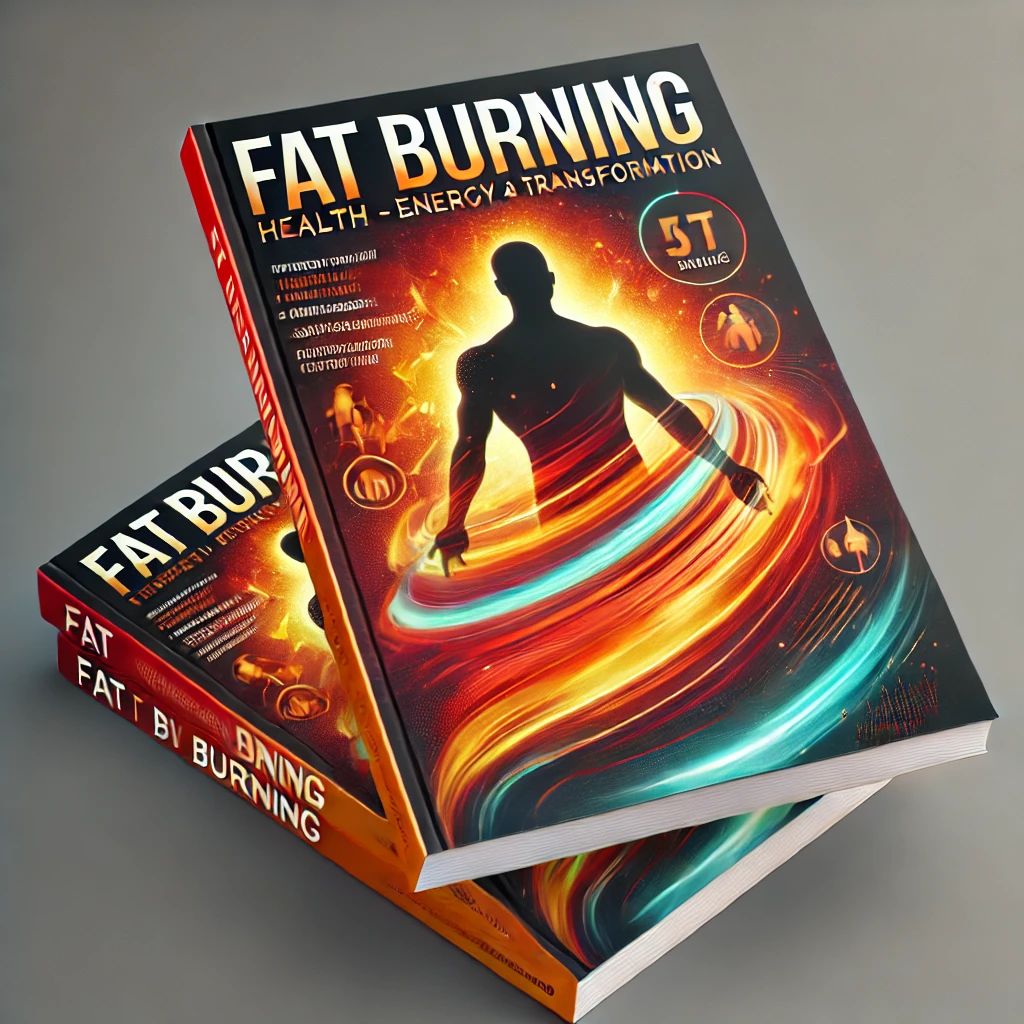When it comes to weight loss, many people look for solutions that can enhance their efforts.
One of the most popular options on the market is fat-burning supplements.
These supplements are promoted as a way to help accelerate fat loss, but do they actually work?
In this article, we’ll dive into how fat-burning supplements function, their effectiveness, and the potential risks associated with using them such as FitSpresso.
Let’s explore if they really live up to their promises.

What Are Fat Burning Supplements?
Fat-burning supplements are products designed to aid in weight loss by increasing metabolism, reducing appetite, or enhancing fat oxidation.
They are often made from a mix of vitamins, herbs, and other ingredients believed to stimulate the body’s natural fat-burning processes.
Popular ingredients in these supplements include caffeine, green tea extract, and capsaicin, each claimed to help with fat loss in different ways.
While some people swear by these supplements, it’s essential to understand how each ingredient contributes to the product’s effectiveness.
Understanding the science behind these ingredients is key to determining if fat-burning supplements can truly deliver results.
How Do Fat Burning Supplements Claim to Work?
Most fat-burning supplements work by targeting one or more physiological processes related to weight loss.
Some aim to boost your metabolic rate, which is the rate at which your body burns calories at rest.
Others act as appetite suppressants, helping to reduce calorie intake by making you feel fuller.
Thermogenic supplements are also common, working by raising the body’s core temperature slightly, which increases calorie expenditure.
Many fat-burning supplements rely on caffeine, known for its metabolism-boosting properties.
Although these claims may seem promising, it’s important to consider the actual scientific evidence supporting them.
Do Fat Burning Supplements Actually Work?
The effectiveness of fat-burning supplements is a subject of ongoing debate.
Some studies indicate that certain ingredients, such as caffeine and green tea extract, may have a modest effect on metabolism.
For example, caffeine has been shown to temporarily increase metabolic rate, which could contribute to a slight increase in calorie burn.
Green tea extract contains catechins, which are antioxidants that may also promote fat oxidation to a small extent.
However, while these effects exist, they are generally modest and not enough to lead to significant weight loss on their own.
Relying solely on fat-burning supplements without a proper diet and exercise plan may lead to disappointing results.
The Role of Diet and Exercise
It’s essential to emphasize that no supplement can replace the benefits of a balanced diet and regular physical activity.
While fat-burning supplements might provide a small boost, the foundation of effective weight loss remains a healthy lifestyle.
Consuming nutrient-dense foods, staying hydrated, and maintaining a consistent exercise routine are all critical components of a successful weight loss plan.
Supplements may complement these efforts, but they should never be the primary approach to weight loss.
When used alongside healthy habits, some fat-burning supplements might support your goals, but they’re not magic pills for rapid fat loss.
Are Fat Burning Supplements Safe?
Safety is a crucial factor to consider when taking fat-burning supplements.
Some ingredients, especially in high doses, can lead to adverse side effects.
Caffeine, for instance, can cause jitteriness, anxiety, and sleep disturbances, especially if consumed in large amounts.
Certain fat-burning supplements contain stimulants that can raise blood pressure and heart rate, which can be risky for individuals with pre-existing health conditions.
Always consult a healthcare professional before starting any supplement to ensure it’s safe for your body and health status.
Pay attention to recommended dosages, and avoid mixing supplements that contain similar active ingredients.
Potential Risks of Fat Burning Supplements
In addition to side effects, there are potential long-term risks associated with fat-burning supplements.
Regular use of stimulant-based supplements can lead to dependency, where the body becomes reliant on them to function at an increased metabolic rate.
Moreover, some fat-burning supplements contain hidden ingredients that may not be disclosed on the label, leading to unexpected health issues.
Some individuals may also experience digestive issues, headaches, and mood swings.
It’s crucial to choose supplements from reputable brands with transparent ingredient lists to minimize these risks.
Being informed about what you’re putting in your body is essential for both short-term and long-term health.
Alternatives to Fat Burning Supplements
For those who prefer a more natural approach to weight loss, several alternatives may be as effective, if not more so.
Increasing protein intake, for instance, can naturally boost metabolism and reduce appetite.
Drinking water before meals has been shown to help with calorie control and is a safe, calorie-free option.
Strength training exercises can build muscle, which in turn raises the body’s resting metabolic rate, helping with fat loss over time.
Using whole foods and exercise as a primary method for weight loss is often more sustainable and less risky than relying on supplements.
These natural approaches offer health benefits without the side effects associated with fat-burning pills.
Conclusion: Do Fat Burning Supplements Work?
In conclusion, fat-burning supplements may offer some benefits, but they are not a magic solution for weight loss.
Their effectiveness often depends on the individual and whether they are combined with a healthy lifestyle.
Ingredients like caffeine and green tea extract can have small effects on metabolism, but these alone are unlikely to lead to substantial fat loss.
For most people, a balanced diet, regular exercise, and lifestyle changes remain the best approach to achieving sustainable weight loss.
If you’re considering using fat-burning supplements like FitSpresso, consult with a healthcare provider to discuss the potential benefits and risks.
Ultimately, making informed decisions is key to reaching your weight loss goals safely and effectively.
Leave a Reply